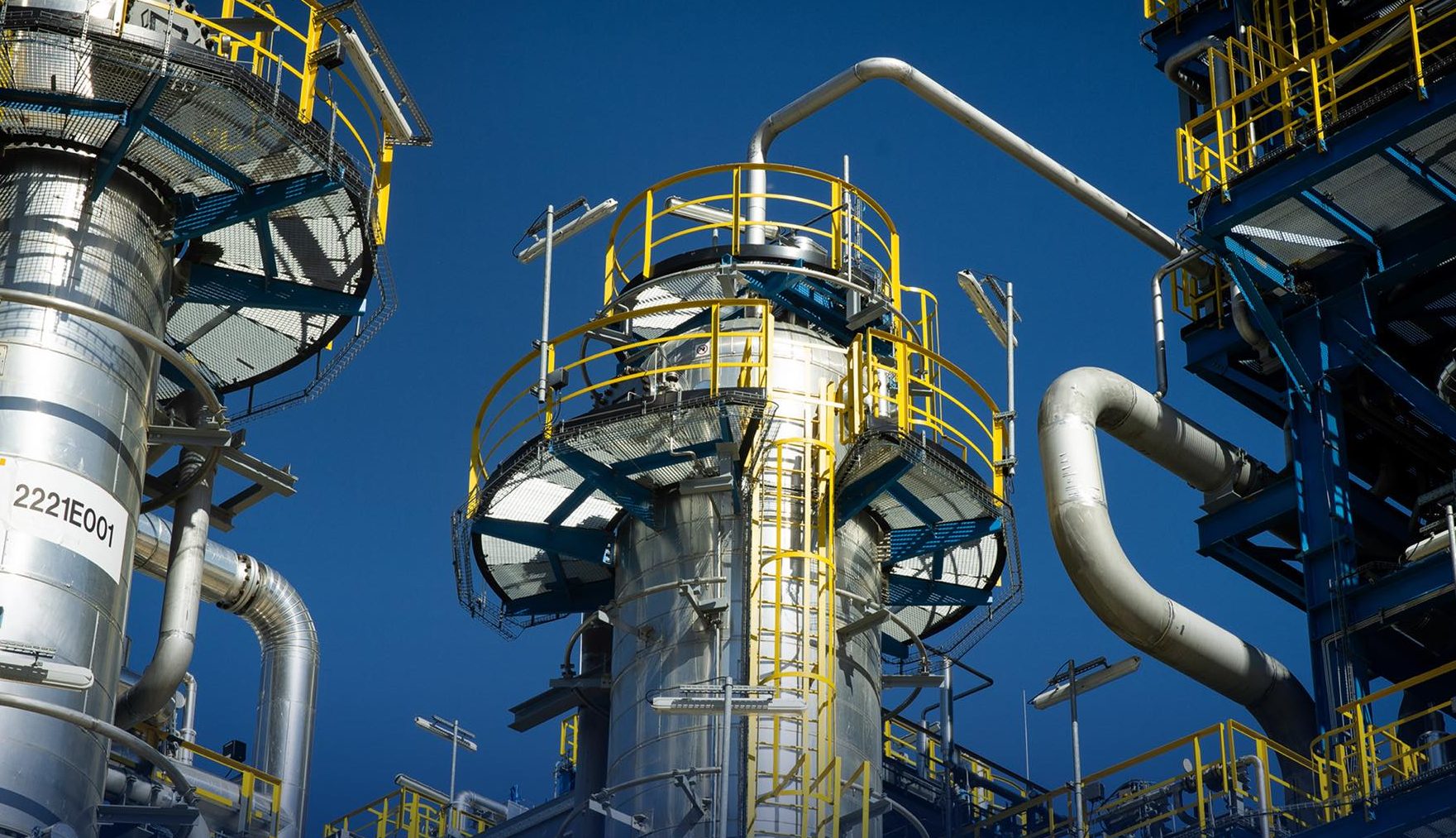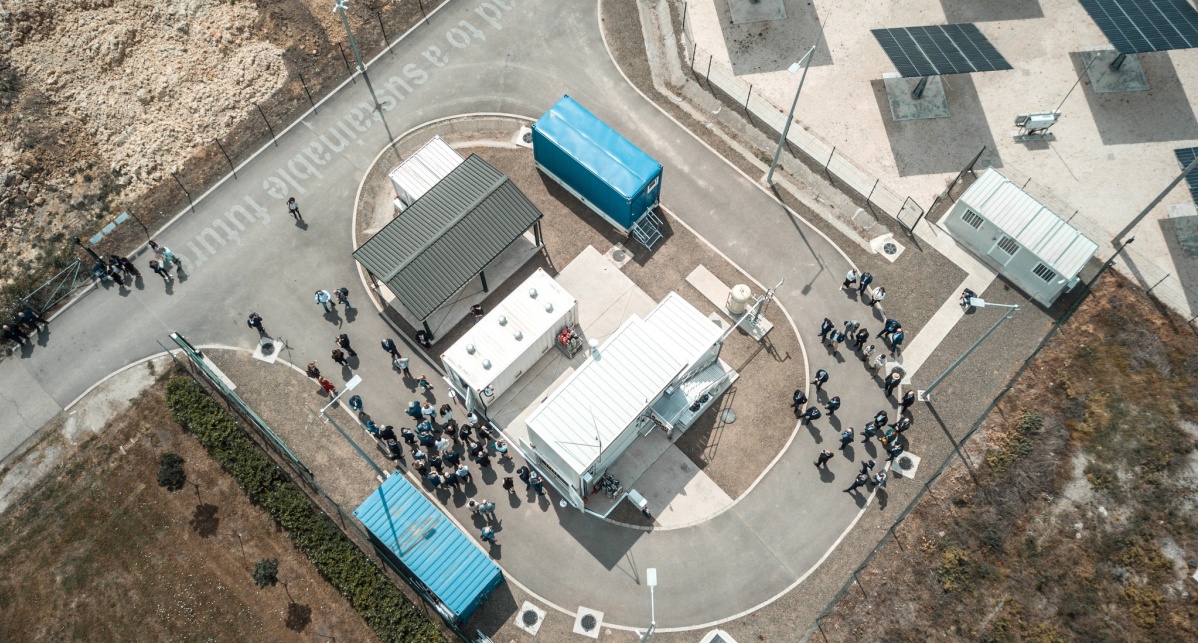
This is the largest organic investment ever made by the Hungarian multinational oil and gas company.Continue reading

The Southern-Hungarian city of Szeged is emerging as a pivotal center for sustainable technology and innovation, particularly in hydrogen production, synthetic fuels, and electromobility, reports Index.
Located in its Science Park, new facilities by Rheinmetall and BYD, alongside the ELI-ALPS laser research institute, symbolize its dedication to cutting-edge research and development. Csaba Janáky, head of the SZTE (University of Szeged) Greennovation Center emphasizing their forward-thinking approach, stated, “our focus extends beyond current trends to technologies that will shape the next 10-15 years.” He elaborates with a football analogy,
Just as in football, we are aiming for a long pass now to score big in industry and science by the 2030s.”
The SZTE Greennovation Center plays a crucial role, operating a semi-commercial test station. Mr. Janáky outlined their objectives: “We are testing and refining new processes and technologies, fostering innovation that spans from academia to industry.” A key aspect of their strategy is economic integration, bringing in suppliers to enhance the hydrogen technology chain.
Adjacent to the test station, Rheinmetall is constructing plants for hydrogen technology and electromobility-related products. Collaborations with Audi and MOL (Hungarian oil and gas company) are already underway, focusing on synthetic fuels such as e-gasoline. Csaba Janáky specified,
our partnership aims to advance sustainable solutions; by 2050, we foresee carbon-based synthetic fuels comprising up to 35% of the mix.”
Looking at broader applications, Mr. Janáky advocated for liquid fuels in sectors like aviation and maritime transport. “Electrification is paramount for road vehicles, while hydrogen and e-gasoline offer viable alternatives for heavier transport,” he asserted, noting the sector-specific challenges. This aligns with EU directives mandating that only vehicles capable of running on clean synthetic fuels will be allowed on roads by 2035.
Szeged’s initiatives underscore a robust shift towards sustainable energy solutions, blending cutting-edge academic research with strategic industrial partnerships. This integrated approach not only positions Szeged as a leader in green technology but also ensures its contributions to global sustainability goals.

This is the largest organic investment ever made by the Hungarian multinational oil and gas company.Continue reading
Via Index; Featured Image: Facebook / SZTE Greennovation Center
Array
(
[1536x1536] => Array
(
[width] => 1536
[height] => 1536
[crop] =>
)
[2048x2048] => Array
(
[width] => 2048
[height] => 2048
[crop] =>
)
)